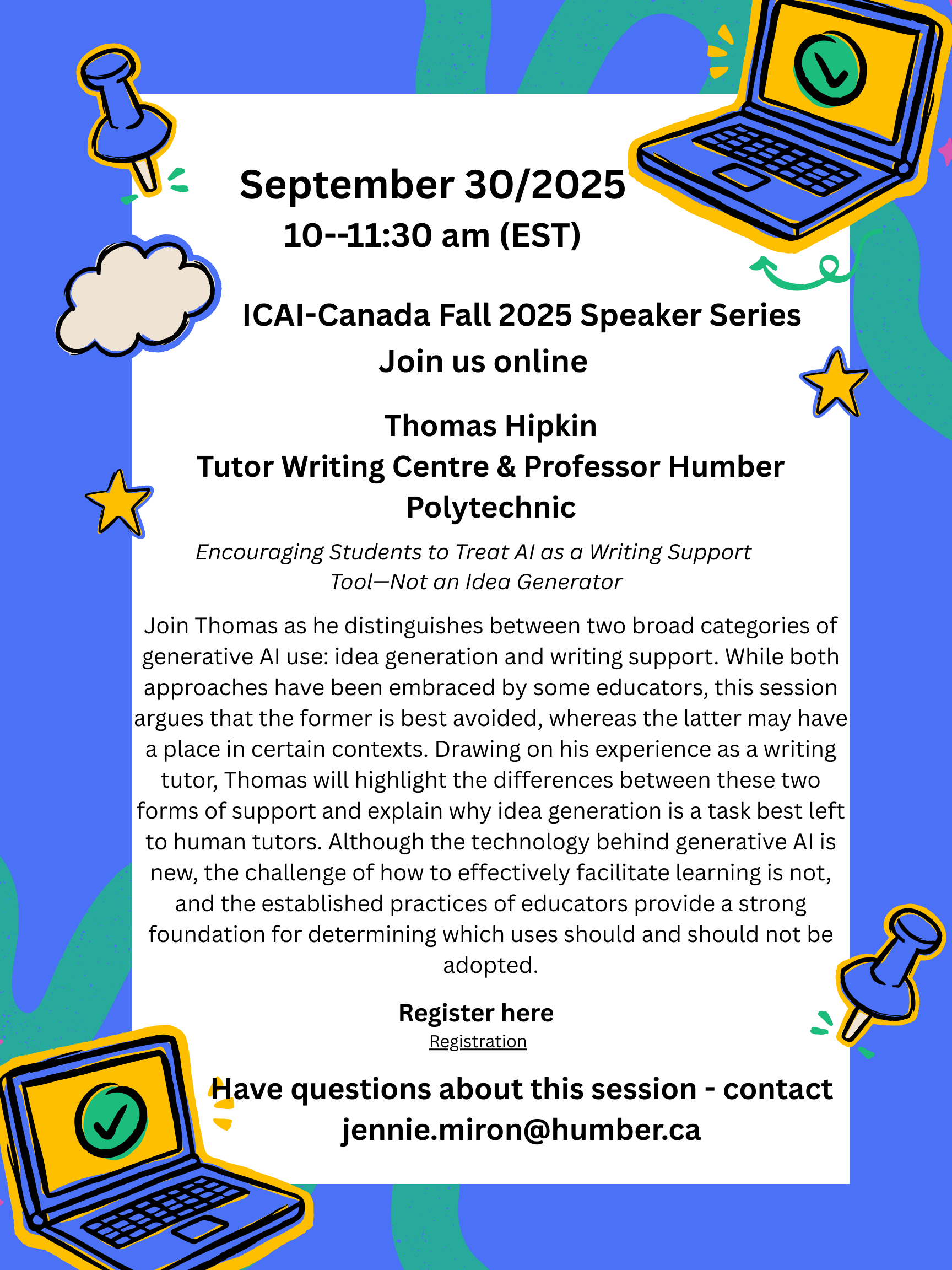- When:October 6, 2025 12:00pm
- When:October 6, 2025 1:30pm
Dear Faculty,
The Office of Research & Innovation is pleased to invite you to an upcoming information session on the SSHRC Partnership Suite Grants.
This session will introduce participants to two key funding opportunities from the Social Sciences and Humanities Research Council (SSHRC) designed to support academic-community and academic-industry collaborations:
- Partnership Engage Grants (PEG): Support short-term, timely research partnerships between postsecondary researchers and a single non-academic organization (community, public, or private sector). Ideal for exploring emerging issues or laying the groundwork for longer-term collaboration.
- Partnership Development Grants (PDG): Support the development of new research partnerships or the design and testing of partnership approaches. These grants are well-suited for faculty looking to strengthen existing collaborations or establish large-scale, long-term initiatives.
Session Details
- Date: Monday, October 6, 2025
- Time: 12 p.m. to 1:30 p.m.
- Format: Microsoft Teams
- Registration: SSHRC Partnership Suite Information Session
This information session will provide:
- An overview of both funding opportunities.
- Insights into eligibility, scope, and requirements.
- Guidance on preparing strong applications.
- Information on supports available through the Office of Research & Innovation.
Whether you are exploring a new research collaboration or looking to expand an existing one, this session will provide the tools and information you need to get started.
We encourage all faculty members interested in research partnerships to attend.
Best regards,
Office of Research & Innovation
Humber Polytechnic
Interested in doing research? If Yes, please fill out this two-minute survey to be a part of Humber’s Database of Researchers to be involved in potential research projects.






